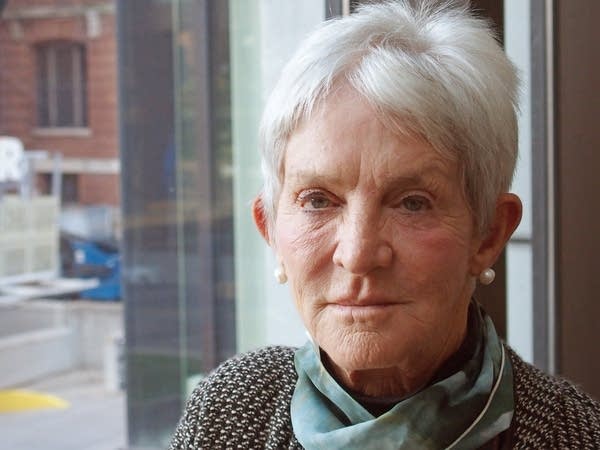An Old West tale saddles up in 'News of the World'

Author Paulette Jiles in the MPR studios October 2016. Jiles is a poet, a memoirist, and a bestselling novelist, whose recent work has focused on stories to do with the old West.
Euan Kerr | MPR News File
Go Deeper.
Create an account or log in to save stories.
Like this?
Thanks for liking this story! We have added it to a list of your favorite stories.


